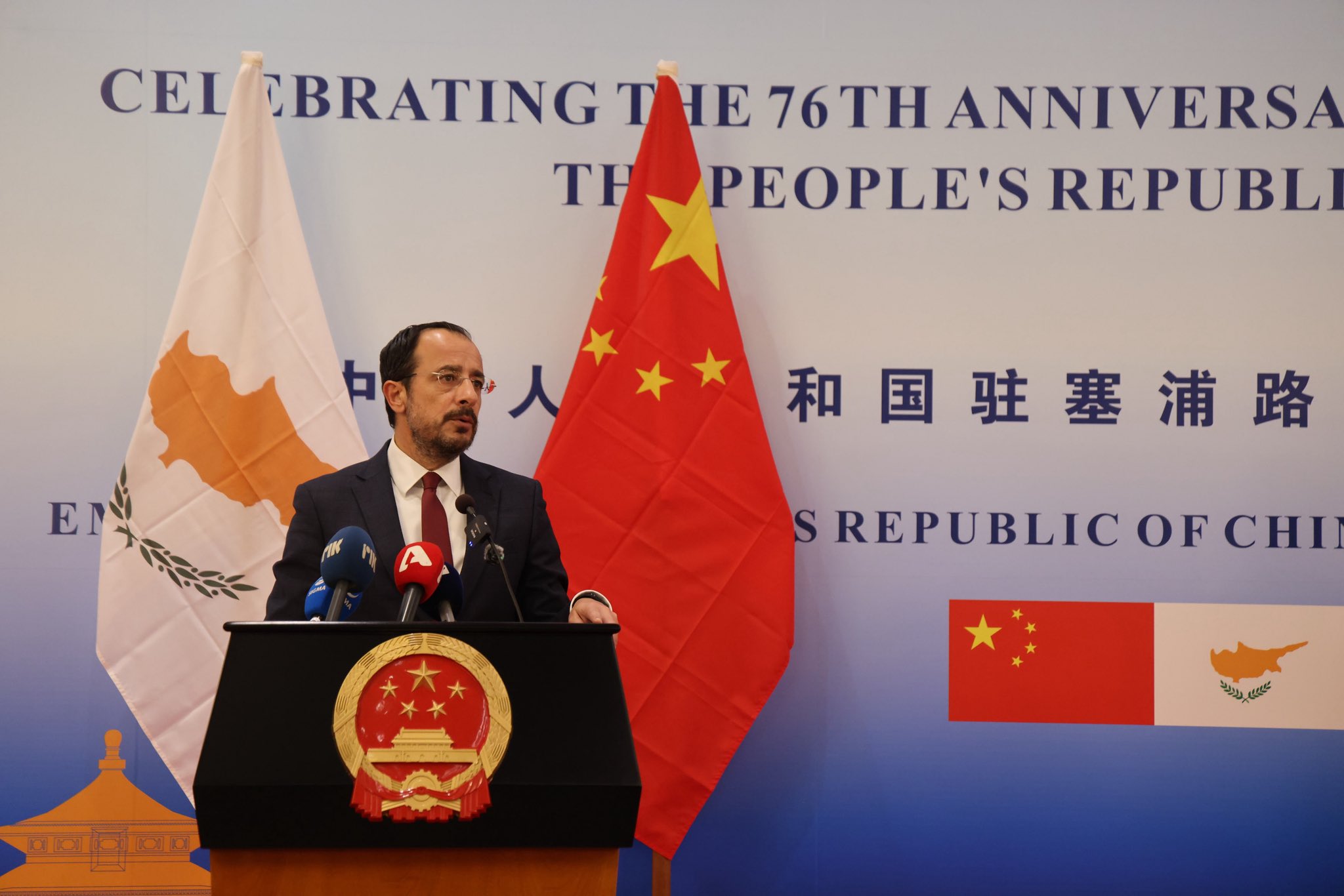Opinion | India & Israel’s Bilateral Investment Agreement: Historic Leap Of Trust, Strategy
By News18,Prosenjit Nath
Copyright news18

In geopolitics, not every agreement signed between nations deserves celebration. Many bilateral treaties are dressed up in diplomatic jargon and then quietly forgotten, their impact fading into bureaucratic oblivion. But the Bilateral Investment Agreement (BIA) signed in New Delhi between Finance Minister Nirmala Sitharaman and her Israeli counterpart, Bezalel Smotrich, is different. This one matters, and it matters deeply.
The significance of this pact goes beyond investment flows and legal clauses. It is about trust, strategic intent, and the future trajectory of the India–Israel partnership. At its core, it is a signal to the world that these two democracies are ready to forge a new path together, one that blends economic cooperation with geopolitical alignment.
To understand why this is historic, consider the context. In 2017, India terminated dozens of old bilateral investment treaties after realising they left the country vulnerable to investor–state arbitration claims. These older agreements tilted heavily in favour of foreign investors, often undermining India’s sovereign right to regulate its economy. Since then, India has developed a new, stricter, India-centric treaty model. This updated framework offers investor protection, but on India’s terms, carefully balancing openness with sovereignty.
Most Western nations have been hesitant to sign under this new model. Yet Israel has now become the first OECD country to do so. This is more than a legal endorsement; it is a vote of confidence in India’s economic governance and an acknowledgement that India’s terms are fair and workable. By taking this step, Israel is positioning itself as a trusted first mover, signalling that it believes in India’s rise and is willing to embed itself deeply into India’s economic future.
Strip away the technical jargon of “reciprocal investments” and “financial protocols”, and a deeper story emerges. India and Israel share a unique relationship forged in moments of vulnerability. When other countries hesitated, Israel stepped up: supplying critical defence technologies during conflicts, sharing water management innovations that helped India’s agriculture sector, and offering cutting-edge expertise in cybersecurity and technology. This treaty is not just about economics; it is about solidifying a comprehensive partnership that now extends into finance, infrastructure, and innovation-driven growth. Under Prime Minister Narendra Modi’s leadership, India has steadily expanded its engagement with Israel, and this agreement takes that partnership into a new realm.
The optics surrounding this signing are telling. Minister Smotrich did not travel to New Delhi with a token entourage. Instead, he brought Israel’s top financial leadership: the Director General of Finance, the Chief Economist, the Accountant General, and the head of the Securities Authority. This represents the entire financial brain trust of Israel’s government. It shows the seriousness of intent. This is not a symbolic photo opportunity but a strategic economic embedding into India’s growth story. For Israel, traditionally oriented towards the United States and Europe, this move represents a deliberate eastward tilt. It signals that Tel Aviv views India as a pillar of its future economic diversification, a hedge against over-reliance on Western economies.
The agreement carries global implications far beyond India and Israel. Global investors have long complained that India’s post-2017 treaty framework was too rigid. Israel’s acceptance provides a powerful validation and could now encourage other OECD nations to reconsider their scepticism and open doors for similar agreements. It also signals a geopolitical realignment, with Israel deepening its economic roots in India and diversifying partnerships beyond its traditional Western allies. Moreover, in a world where authoritarian states weaponise trade and finance, two democracies are choosing to build transparent, fair economic relations. This is a political statement in itself.
The potential unleashed by this treaty is enormous if followed through with vision and execution. Consider the possibilities. Digital services and cybersecurity could be transformed by combining India’s IT scale with Israel’s cyber defence systems, setting global standards for digital trust and security. Tel Aviv’s start-ups could gain access to India’s vast market, while Bengaluru’s innovators benefit from Israeli mentorship and R&D expertise. As climate change disrupts food security, Israeli water innovations merged with Indian agritech could transform farming for millions of smallholders. And the proposed financial protocol could unlock better credit terms for exporters, boosting India’s global competitiveness.
While the symbolism of this signing is powerful, the real challenge lies in implementation. Treaties are only as effective as the political will and bureaucratic machinery that follow them. The early signs are promising. Sitharaman has been invited to Israel, discussions are under way to establish Finance Ministry representation in each country, and joint teams have been tasked with ensuring the momentum continues. These steps indicate that both sides view this not as a one-off deal but as an evolving, institutional partnership.
Unlike dramatic defence deals or headline-grabbing state visits, this agreement represents quiet, foundational diplomacy. It signals that India and Israel are ready to co-author the rules of their economic engagement, grounded in trust and mutual benefit. In today’s fractured world, where international trust is scarce, such bonds are rare. This BIA is not just about financial flows; it is about two nations choosing certainty in each other amidst global uncertainty.
This agreement is more than ink on paper. It is India telling the world that Israel is not just a defence supplier or innovation hub but a strategic partner in building resilient economies. And it is Israel declaring that, among the rising powers of the 21st century, India is the one it is betting on.
In diplomacy, signals matter. They shape perceptions, anchor partnerships, and define future trajectories. The India–Israel Bilateral Investment Agreement is a historic signal of a commitment to shared growth, innovation, and resilience. In choosing each other, these two nations have chosen to defy global fragmentation and write a joint chapter in economic history.
This is why the BIA is not just groundbreaking, it is historic. Because it tells us something profound: in a world of shifting alliances and fragile trust, India and Israel have chosen certainty with each other.
The writer is a technocrat, political analyst, and author. He pens national, geopolitical, and social issues. His social media handle is @prosenjitnth. Views expressed in the above piece are personal and solely those of the author. They do not necessarily reflect News18’s views.



